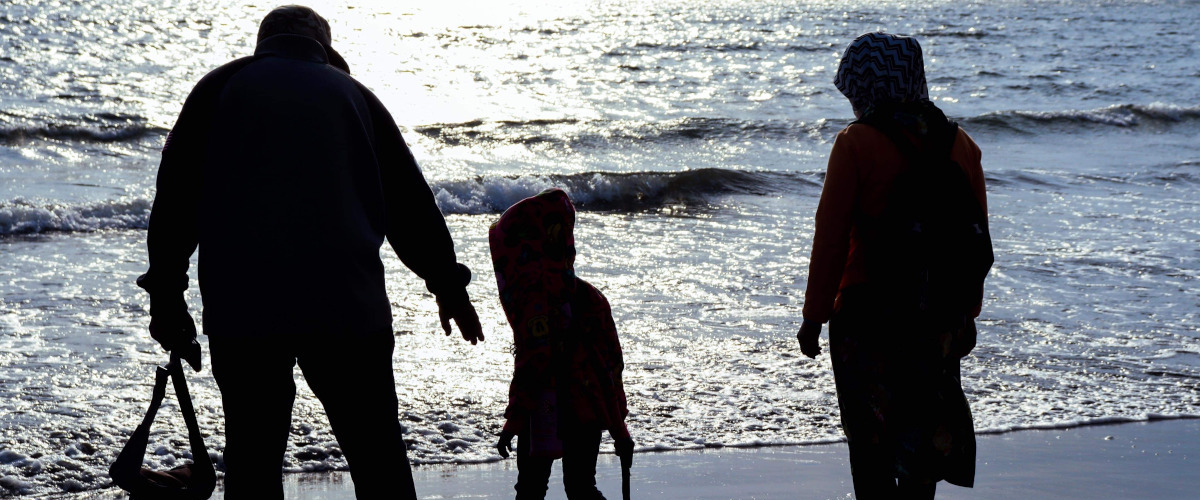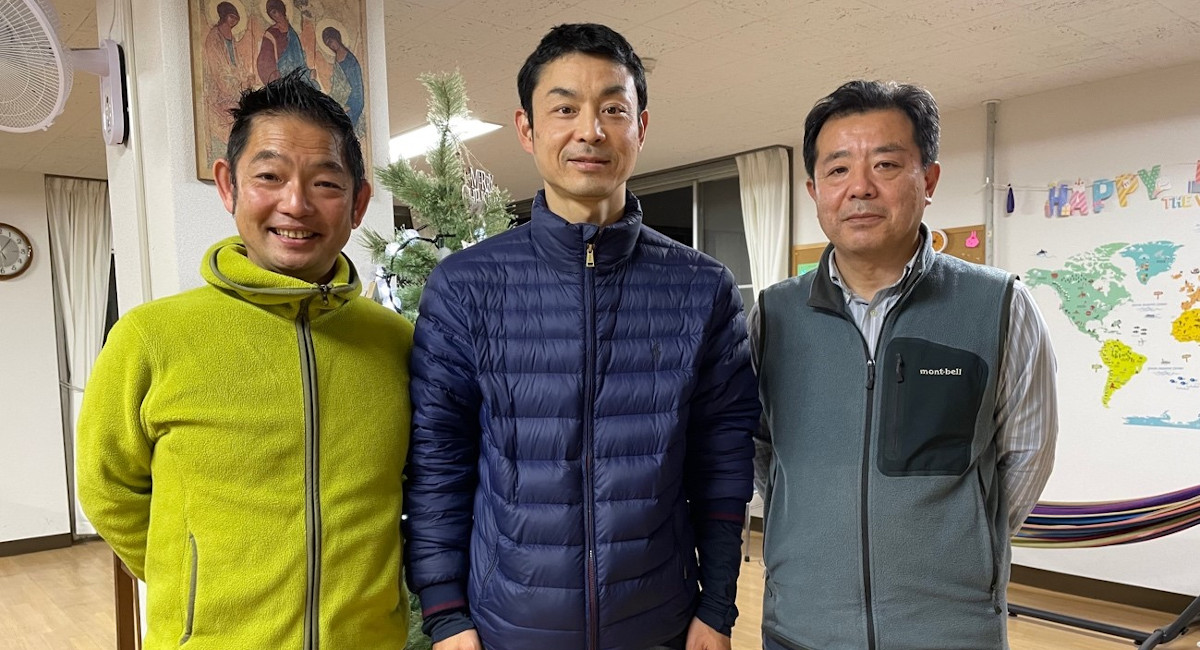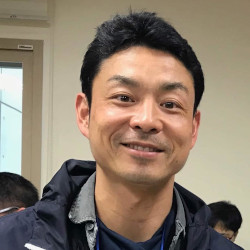
In Japan, more than 10,000 migrants apply for refugee status every year, but the number of those who are recognised is less than 50. People in other countries, believing that Japan receives refugees since it signed the treaty, continue to flee to Japan. But lots of them end up being refused and then sent to a detention centre. The policy and stance of the government towards migrants and refugees are seriously problematic.
Although the issue of refugees and migrants has been a great concern of the Shimonoseki Labour Education Center, where I have been working as director, it had not been our central mission, having been eclipsed by the many other issues that our apostolic centre has to deal with. Feeling that I had to do something to change this, last year I started visiting Omura Detention Center in Nagasaki, with two friends who had been regularly going there. Given the amount of work at the Shimonoseki Labour Education Center, finding time to visit the Detention Center has become very special to me.
We meet the detainees one after another, five or six of them throughout the day. They have different reasons for being detained. Every time I listen to them, I feel their pain. There is a young man who was born and raised in Japan whose parents came from Latin America. For some reason, he was sent to jail and after being released was confined in the Detention Center because he does not have Japanese citizenship, even though he had been born and raised in Japan. Under current law, he will not be allowed to work even after he is released. Given the situation, the best option is for him to relocate to the home country of his parents. So I immediately reached out to a Jesuit, in fact my best friend, who lives in that country. He assured me of support for the young man. My visits to Omura have made me realise the necessity of having a global network to support people on the move, and help address the serious problem in the Japanese government’s policy on refugees and migrants
In Tokyo, I visited the Arrupe Refugee Center. This visit was very meaningful while I thought about how to solve the problem of Japan’s immigration policy and how we could strengthen our network.
What I saw in Kamakura was inspiring and moving. The Arrupe Refugee Center was originally a retreat house run by the Jesuits until two years ago when there were no more Jesuits available to serve there. The place was waiting for someone who could use it for God’s will. Mr Kenji Arikawa, while working for migrants and refugees in the Tokyo Diocese, felt the need to have a shelter for refugees. He came to know about the Jesuit retreat house, and began thinking of ways to remake it into a shelter for refugees. With no money and having been refused by civil groups to collaborate for the shelter, he decided to start his own non-profit-organisation with his longtime friend, Hiroshi Urushibara.
The retreat house was transformed into the largest shelter for refugees with 30 rooms and a large open field. Within two years, the Arrupe Refugee Center has welcomed more than 24 applicants for refugee status. By letting people around know about the Arrupe Refugee Center and the dismal situation migrants face in Japan, local citizens gradually started to engage in the activities of the centre. Volunteers and residents of the centre cultivate vegetables together. The refugees are able to regain their sense of dignity by being able to work on the land while socialising with local citizens. I see in this an integration of the essence of Laudato sí. The centre offers its residents and local volunteers the space and time to know each other, to work together, and to accompany each other.
Speaking with Arikawa and Urushibara gave me ideas on how to strengthen the JCAP Migration Network to contribute to the Arrupe Refugee Center, and the global problem on migrants and refugees. The refugees in the centre will eventually need to leave. The sad reality is that for most of them, it is almost impossible to obtain refugee status under Japan’s current immigration systems and laws. The JCAP Migration Network can work towards finding places that will accept refugees, while continuing our efforts in advocating reforms to the current immigration policy not just of Japan but also of other countries.
One suggestion is to have a volunteer/study programme for young people to stay in a Jesuit Refugee Service camp. Living together with refugees and displaced persons will provide them with a life-changing experience. It can help educate and increase the number of people who can raise their voices for the rights of migrants and refugees.
We need to also strengthen our domestic network. The Jesuit Social Pastoral Center in Tokyo does consultations with migrants, and connects them with local and church organisations.
Let us walk together on the journey to answer the calling to live together with marginalised people on the move.
This article was first published in The Jesuits in Asia Pacific 2022 magazine.








